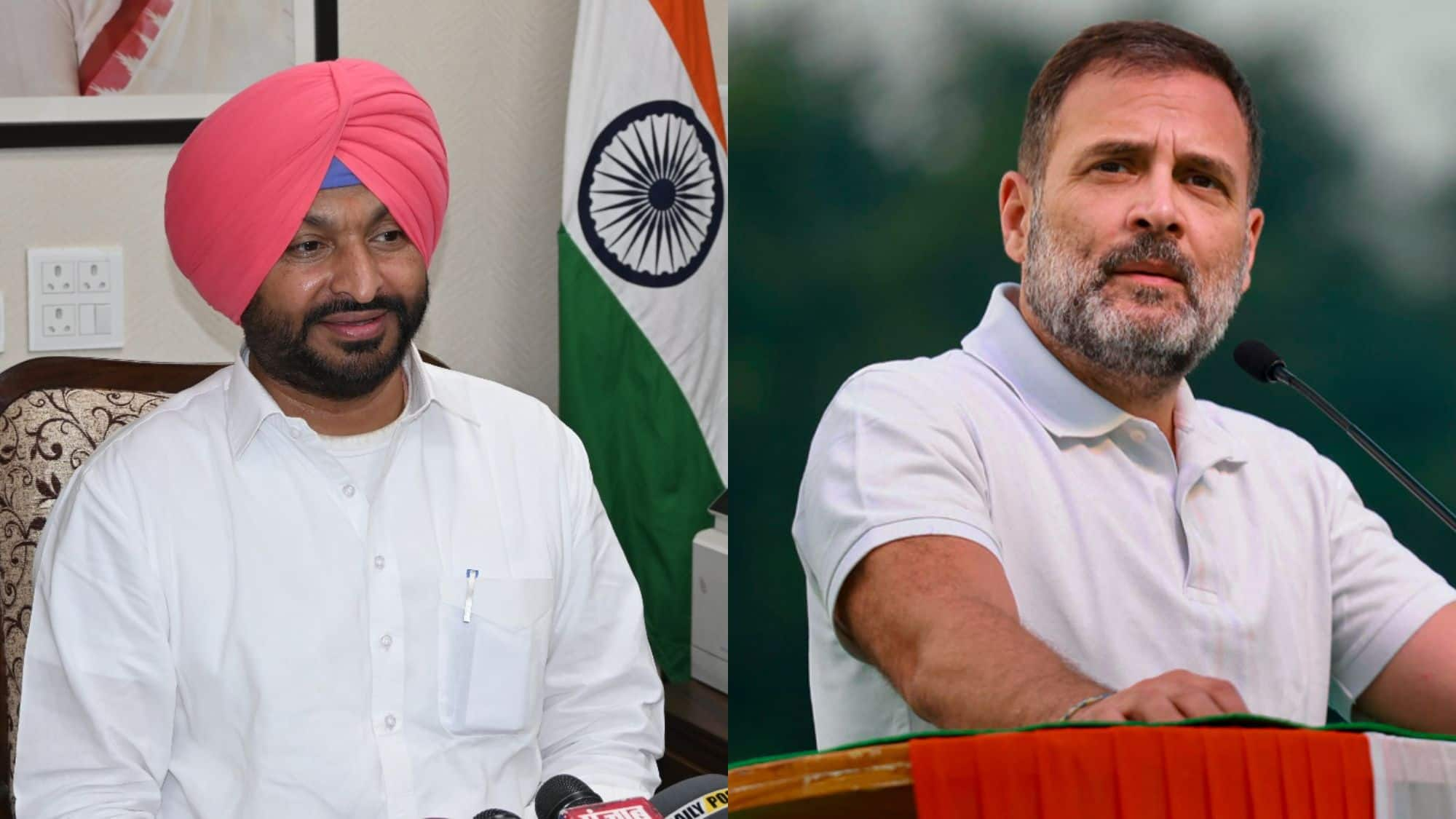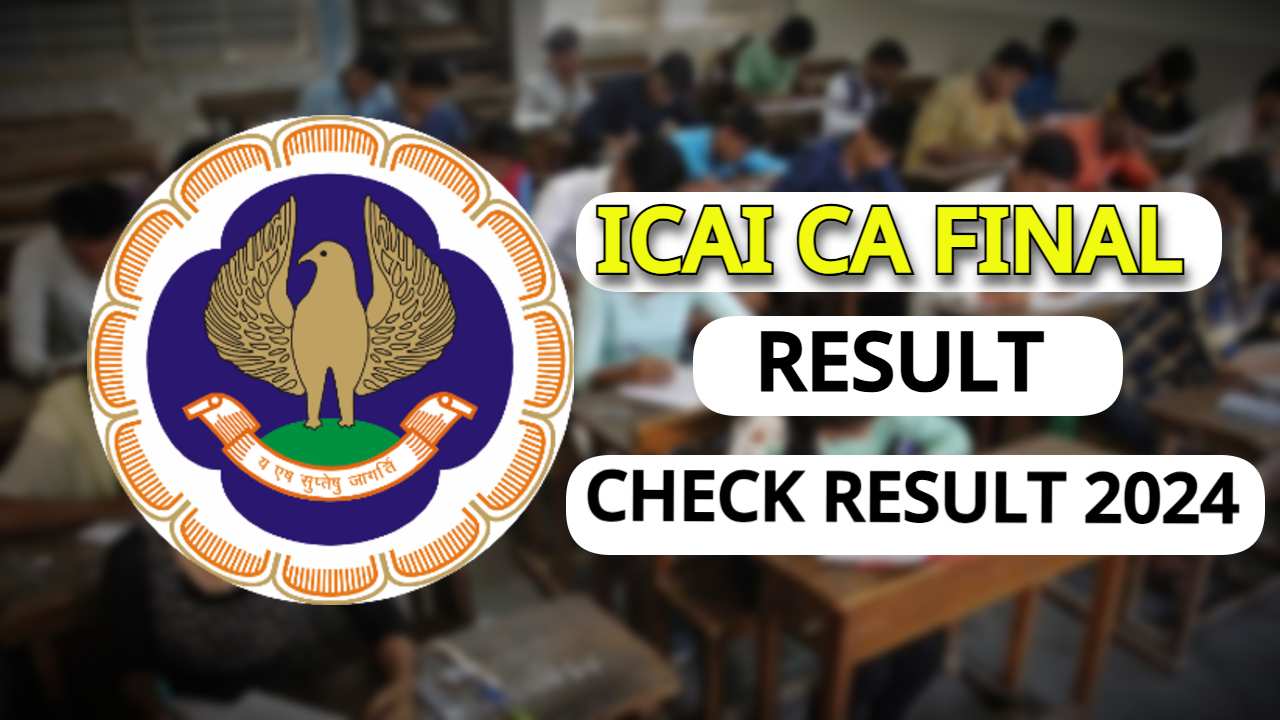Political Tensions Erupt Over Rahul Gandhi’s Statements in the US
Union Minister Ravneet Singh Bittu recently made headlines for his harsh criticism of Congress leader Rahul Gandhi. During a function in Bhagalpur, Bihar, where he attended the launch of the Bhagalpur-Howrah Vande Bharat train by Prime Minister Narendra Modi, Bittu did not hold back in expressing his views on Gandhi’s comments regarding the Sikh community made during his recent trip to the United States.
Accusations Against Rahul Gandhi
Bittu claimed that Rahul Gandhi referred to Sikhs as the “biggest enemy and terrorists” of the nation, stating that he has gained support from separatists. “When even bomb-making experts are supporting Rahul Gandhi, then he is the country’s ‘number one’ terrorist,” Bittu asserted. He criticized Gandhi for his alleged lack of patriotism, pointing out that Gandhi has spent much of his life abroad and does not understand the challenges faced by common people in India.
“Rahul Gandhi is not an Indian, he has spent most of his time outside. He does not love his country much because he goes abroad and says everything in a wrong way,” stated Bittu.
Rahul Gandhi’s Statements in Washington
In his address in Washington, Rahul Gandhi spoke about the ongoing struggle in India relating to the identity and rights of Sikhs. He emphasized that fundamental issues such as whether a Sikh person should be allowed to wear traditional symbols like a turban and bracelet remain contentious. Gandhi accused the Rashtriya Swayamsevak Sangh (RSS) of perpetuating division among religions and communities.
Reactions from Congress
In response to Bittu’s outbursts, Congress spokesperson Supriya Shrinate rebuked him, labeling him a “snake in the grass.” She commented critically on Bittu’s previous association with the Congress party, indicating that he relies on derogatory remarks to further his political agenda after aligning with the BJP. Other Congress leaders, including Sandeep Dixit and Shakeel Ahmed Khan, echoed similar sentiments, highlighting Bittu’s past praise for Rahul Gandhi and condemning his current stance as hypocritical.
Conclusion
The exchanges between Bittu and Gandhi underscore significant political rifts as India gears up for upcoming elections. With accusations flying between parties and leaders, the discourse around national identity, the rights of minority communities, and loyalty continues to invoke intense scrutiny in India’s political landscape. As these discussions unfold, they will likely play a crucial role in shaping voter sentiment in the lead-up to the elections.












